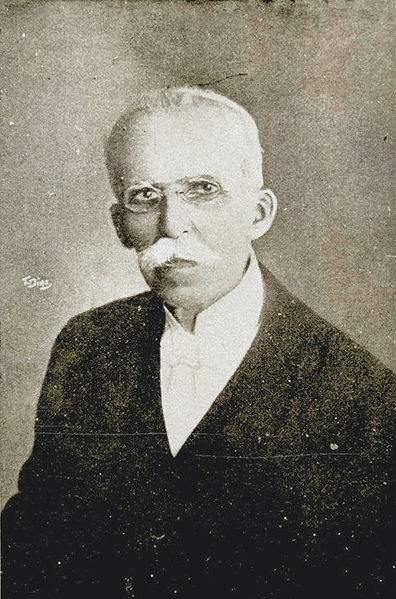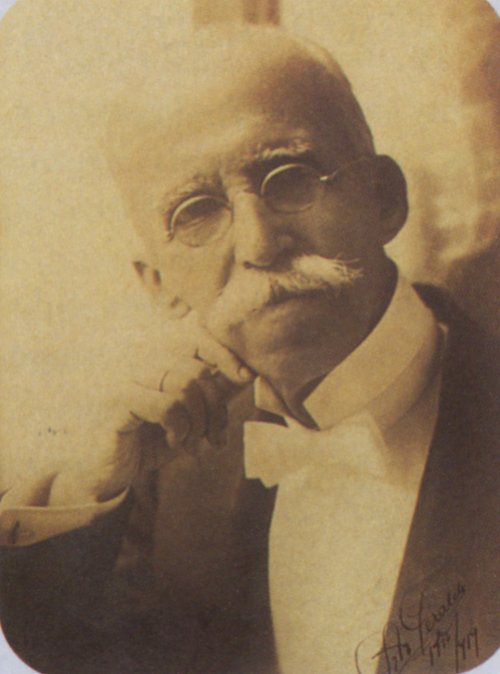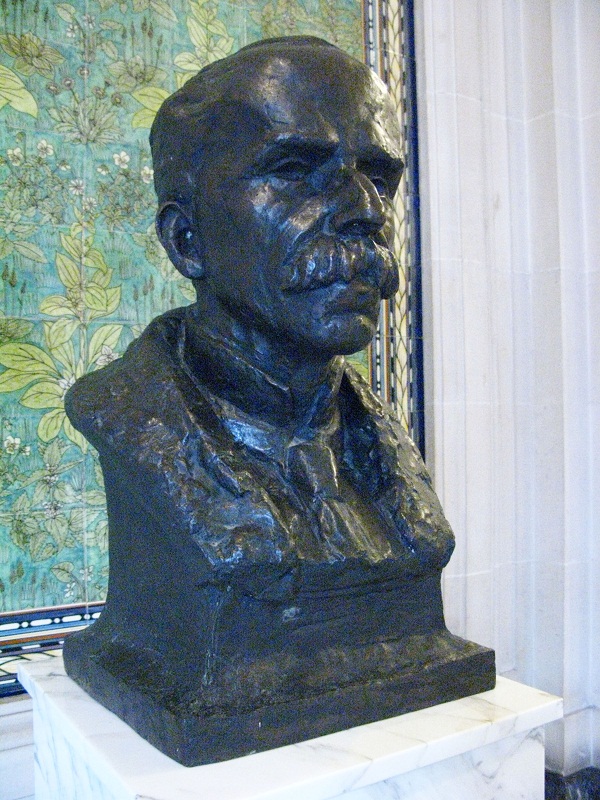<Back to Index>
- Jurist and Politician Ruy Barbosa de Oliveira, 1849
- Painter Jan Zrzavý, 1890
- Sultan of the Ottoman Empire Ibrahim I, 1615
PAGE SPONSOR



Ruy Barbosa de Oliveira (November 5, 1849 — March 1, 1923) was a Brazilian writer, jurist, and politician.
Born in Salvador da Bahia, he was a federal representative, senator, Minister of Finance and diplomat. For his distinguished participation in the Hague Peace Conference of 1907, he earned the nickname "Eagle of the Hague". He ran unsuccessfully for the presidency of Brazil in 1910 and again in 1919.
Ruy Barbosa gave his first public speech for the abolition of slavery when he was 19. For the rest of his life he remained an uncompromising defender of civil liberties. Slavery in Brazil was finally abolished by the Lei Áurea ("Golden Law") in 1888. Part of Barbosa's legacy to history is that he authorised, as minister of finance on December 14, 1890, the destruction of most government records relating to slavery. The avowed reason for this destruction, which took several years to be enacted and was followed by his successors, was to erase the "stain" of slavery on Brazilian history. However, historians concur to say, today, that Barbosa aimed by this measure at impeding any possible indemnization of the former slave owners for this liberation. Indeed, eleven days after the abolition of slavery, a law project was deposed at the Chamber, proposing some indemnization to the slave owners.
Barbosa's liberal ideas were influential in the drafting of the first republican constitution. He was forced into exile in 1893 by President Floriano Peixoto for two years before returning and being elected as a Senator. He headed the Brazilian delegation to the Second Hague Conference and was brilliant in its deliberations. As candidate of the Civilista Party in the presidential elections of 1910, Barbosa waged one of the most memorable campaigns in Brazilian politics. He was not successful and lost to Marshal Hermes da Fonseca.
He was a supporter of fiat money, as opposed to a gold standard, in Brazil. During his term as minister of finances, he implemented far - reaching reforms of Brazil's financial institutions, instituting a vigorously expansionist monetary policy. The result was chaos and instability: the so - called fiat experiment was a dismal failure. An orthodox backlash followed under the Murtinho program later in the decade.
Barbosa died in Petrópolis, near Rio de Janeiro, in 1923.